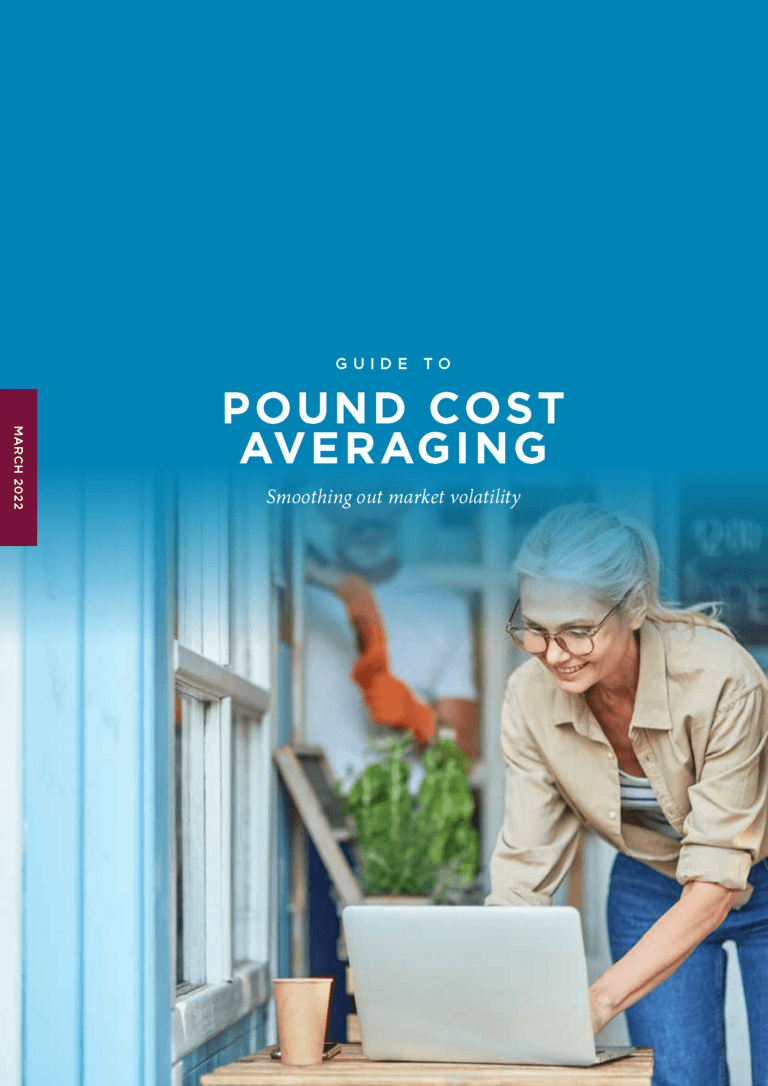How to create a personal financial plan in 8 steps
When thinking about your future financial wellbeing, it can be helpful to consider a plan. It is a good idea to have a clear sense of what you want from life and use this as a guide for making important decisions.
A comprehensive financial plan helps you achieve your goals by analysing your current situation, planning for the future and providing continuous monitoring of progress towards those goals. A well-thought-out plan can help you protect yourself from unexpected events that could affect your ability to meet long-term financial commitments.
What do you want to do in life? Who are the people who matter most to you? What do you worry about at night?
Step 1: Set your goals
Without them, it’s hard to know what direction you’re headed and even harder to remember where you came from. Critical goals come before needs and wants.
When life changes – and it always does – your goals help guide your financial decisions and focus on what’s important.
Step 2: Make a budget
So you’ve decided to start keeping track of your income and expenditure, but how do you know where to begin? Creating a budget can seem like a daunting task, especially if you are not familiar with the process.
Not only is it important to know how much money is coming in and going out of your household each month, it’s also vital that you understand where that money is being spent. With a budget, you can align what you make with what you spend. With goals set, you can now organise your money.
Step 3: Build your emergency savings
The best way to ensure you have money available in an emergency is to build your own savings, typically three to six months’ worth of living expenses. Emergency funds should be set aside in case of an unexpected financial disaster. Taking the time to save for emergencies is a must, even if you already have a budget in place.
In fact, when creating your budget, it’s important to remember that there will be some things that don’t fit into your monthly spending plan, and emergency savings make a great way to cover these unexpected costs.
Step 4: Protect your income
Falling ill or having an accident doesn’t have to become a financial burden on you or your family. What if you or your partner got too sick or hurt to work? Or passed away unexpectedly? Could those who depend on you still pay the bills – and save for the future? Planning your financial future isn’t only about savings and investments.
Of equal importance is putting protection in place for you and your family for when you die or if you become ill. Most people have heard of life insurance, but may not know about the different types or about the options for people affected by ill health. No one likes to think of these things. But life can change in an instant. It’s good to hope for the best, but be ready for the unexpected. Insurance helps you do that.
Step 5: Pay down debt
The importance of paying down personal debt cannot be understated. But it can be difficult to prioritise paying down debt while still paying for essential day-to-day living expenses. However, ignoring the significance of personal debt could lead you to major financial trouble in the long run.
Paying off your debts will not only free up cash flow to allow you to save, it will also go towards improving your credit score. The lower your debt-to-income ratio is, the better your credit rating. Your credit rating affects the interest rates that lenders charge you for mortgages, car loans and other types of financing.
Step 6: Save and plan for retirement
Everyone needs to save and plan for retirement. No matter how much you make or whether you have a job, you should always start saving as early as possible. It is important for you to take control of your retirement planning and make decisions regarding your pension. It is often not appreciated that contributing to a pension arrangement can help you build up an extremely valuable asset.
People are living longer and leading more active lives in retirement. As a result, it is more important than ever for you to think about where your income will come from when you retire. Pension saving is one of the few areas where you can still get tax relief.
Step 7: Invest some of your savings
Saving and investing are important parts of a sound financial plan. Whereas saving provides a safety net for unexpected expenses, investing is a strategy for building wealth. Once you have an emergency savings fund of three to six months’ worth of living expenses, you can develop a strategy to grow your wealth through investing.
Investing gives your money the potential to grow faster than it could in a savings account. If you have a long time until you need to meet your goal, your returns will compound. Basically, this means in addition to a higher rate of return on investments, your investment earnings will also earn money over time.
Step 8: Make your final plans
The importance of estate planning is necessary for all individuals, not just the wealthy. Without proper estate planning in place to protect your assets, you could end up leaving large amounts of money to be fought over by your loved ones and a large Inheritance Tax bill.
Your estate planning should sit alongside making your Will, both key parts of putting your affairs in order later in life. Working out the best ways to leave money in a Will before you pass away can help to make the lives of your loved ones easier when you’re no longer around. 3
Content of the articles featured in this publication is for your general information and use only and is not intended to address your particular requirements or constitute a full and authoritative statement of the law. They should not be relied upon in their entirety and shall not be deemed to be, or constitute advice. Although endeavours have been made to provide accurate and timely information, there can be no guarantee that such information is accurate as of the date it is received or that it will continue to be accurate in the future. No individual or company should act upon such information without receiving appropriate professional advice after a thorough examination of their particular situation. We cannot accept responsibility for any loss as a result of acts or omissions taken in respect of any articles. For more information please visit www.goldminemedia.co.uk







